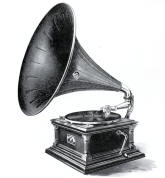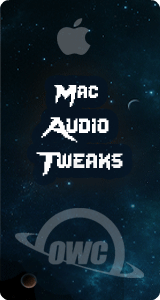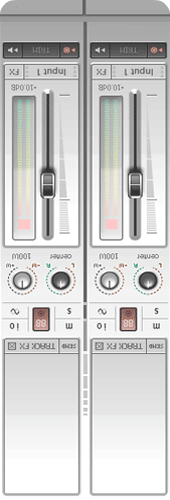Music Engineering

In the beginning, all music was live. Radios and recording didn't exist. Musicians and minstrels wandered around, playing their music to appreciative crowds. Gypsy caravans travelled around rocking small audiences. There were no recording or playback devices in existence. People would stomp about, dance a jig and have a “hootenanny” as it were.
This noble profession made its way from the cave dwellings all the way to the castles. Kings, could effectively “hit the play button” with a quick snap, summoning the musicians into the hall to fill it with live music. Goblets would be filled too, as would bellies. Often it would be just one troubadour or maybe a quintet to rock away the royal blues. Those days are gone forever. Watch Game of Thrones to get a glimpse of it.
Modern humans rarely hear a real instrument being played right in front of them, in real time. There is no need, since we engineered a way to capture the performance in a “recording” which can be enjoyed over and over, without even the slightest change. It's a carbon copy clone of the original moment in time. Sure, we all know this stuff, but rarely think about it. Instead, we over-mix and over-think our music, until it's been pasteurized like skim milk.
Engineering has now been applied to music, for better or worse. Composers engineer emotion using orchestral parlor tricks, long used by the film composers. Software developers engineered programs that can manipulate audio, creating an entirely new art form. Music engineering then gave birth to autotune, which “fixes” wrong notes that people sing. Some use this in creative ways, going after the robot sound.
The bottom line is that true creativity will never be engineered by a computer. The human spirit powers the voice in a way so uniquely, that any robotic emulations will easily be recognized as such. The flaws and richness heard in an acoustic instrument have now been emulated very accurately, but there is something about a real orchestra recorded properly. We can feel the energy of it, and music engineers can teven ell the session used analog tape. Some circles site 432 hz tuning as the master frequency of all life on earth. Others write it this off as new age B.S., never straying from 440 tuning.
One thing is for sure, real humans making music is the best!







